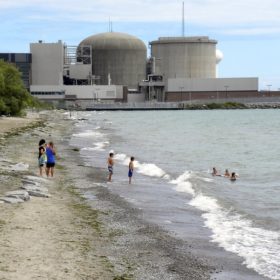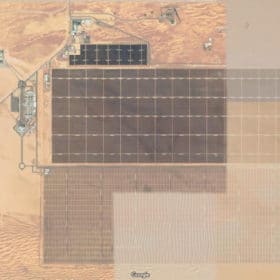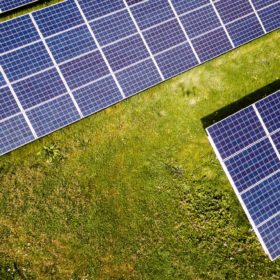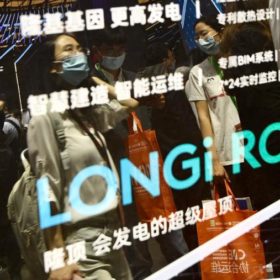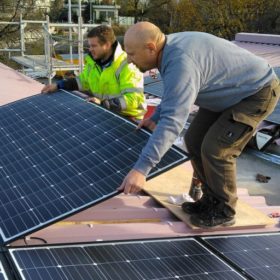Rooftop solar could mean big savings for Ontario
A rapid ramping up of deployment would have little impact on the electricity price during summer, when air conditioning drives demand to its annual peak in the Canadian province, but it would bring hefty savings on the annual gas generation bill, even before carbon levies are factored in.
Daqo CEO predicts polysilicon price will keep on rising
While some analysts have said the raw material shortage has eased sufficiently of late for its selling price to stabilize, the chief executive of Xinjiang-based producer Daqo made bullish statements about his company’s prospects yesterday, based on an expectation of continuing tight supply of the solar panel component.
UK energy company ordered to pay overdue FIT contribution
Newcomer Symbio Energy has been told it must hand over £450,000 it owes to the FIT program which reimburses small scale renewable energy generators. The payment is already a week overdue.
Extra 217 MW of solar due online at vast Dubai solar field this year
Emirati utility DEWA has said it expects a further 517 MW of photovoltaic and CSP generation capacity to come online this year at the Mohammed bin Rashid Al Maktoum solar field, after the first, 300 MW slice of the fifth phase of the sprawling development was recently inaugurated.
China made 14 GW of solar modules in June – and more than 80 GW in six months
The nation produced 57% more solar cells in the first half of this year than in the same period a year earlier, according to a financial update from state-controlled manufacturer Luoyang Glass.
Wacker signs polysilicon supply deal with Jinko
The German company will sell 70,000 tons of its product to the module maker over the course of a five-year contract.
Dubai project promises ‘customized, walkable’ building PV
The new headquarters planned by DEWA is intended to consume no more annual electricity than it generates, from a large volume of rooftop and building-integrated PV.
Chinese PV Industry Brief: Work begins on 12 GW heterojunction module factory in Zhejiang
Furthermore, Zhonghuan Semiconductor’s parent company has reported strong results for its PV business and solar developer Shunfeng has halted trading in its shares.
Solar tariffs to be pegged to coal-fired power prices in grid-parity China
Solar glassmaker Xinyi reported Beijing’s plans as it outlined bumper first-half returns whilst warning investors the boost in glass prices seen last year is likely to be short-lived.
Energy transition to create 60m solar jobs by 2050
The switch from fossil fuels and nuclear will bring a jobs dividend thanks to the greater labor-intensity of renewables plants, according to a paper published by Finland’s LUT. However, the jobs dividend is unlikely to be evenly spread around the world, with Europe set to be a big winner.

